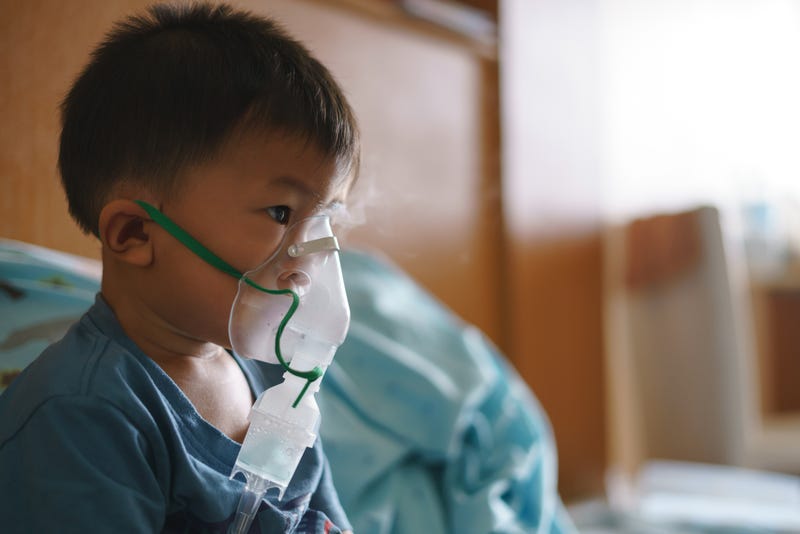
A new illness has started to gain steam, primarily among children, as nationwide cases of respiratory syncytial virus are on the rise. However, not everyone believes the issue is as bad as reports are saying, despite a record number of RSV admissions.
The illness, which causes children and elderly adults to have trouble breathing, can be fatal. On average, the CDC estimates that a few hundred children and as many as 10,000 seniors die every year.
Drug companies have been working for some time to develop a pediatric vaccine for the virus. But, until last month, when Pfizer announced it would seek approval for its new shot, there has been no success, The Washington Post reported.
The vaccine from the pharmaceutical giant is administered to pregnant women before they give birth. This allows the antibodies to be passed to the fetus as it develops.
While the development is being praised in the medical world, anti-vaccine activists have begun distorting facts about it and others being worked on. One example includes Joseph Mercola, who is well known for sharing health misinformation.
“The fact that RSV is now being highlighted as a severe risk is understandable,” Mercola wrote, “in light of the fact that the first-ever RSV vaccines are now in the pipeline.”
However, pediatricians like Dr. Kristina Bryant have been quick to get in front of the misinformation, saying that attempts to label the current RSV surge as marketing are untrue.
“RSV is real,” Bryant said in an interview with MotherJones.
Bryant is an infectious disease specialist at Norton’s Children's Hospital in Louisville, Kentucky. She also serves as a member of the American Academy of Pediatrics.
While cases have been low the last few years, attributed to mask-wearing helping slow the spread of the respiratory illness, Bryant says it has “been a concern for pediatricians and parents for a long time.”
Across the country, hospitals are being overwhelmed with cases of RSV, COVID-19, and the flu. Experts like Anne Klibanski, the president and CEO of Mass General Bringham in Boston, say that this is more than an issu; it's a “crisis.”
“We are caring for patients in the hallways of our emergency departments,” Klibanski said to the Washington Post. “There is a huge capacity crisis, and it’s becoming more and more impossible to take care of patients correctly and provide the best care that we all need to be providing.”
The issue isn’t expected to get much better either, as beds are filling up and hospitals are having staffing issues. Physicians, nurses, technicians, respiratory therapists, and numerous other hard-to-fill jobs remain open.
“Many people don’t want to work in hospitals,” Klibanski said. “There are other [less stressful] settings where they can work.”
Nonetheless, cases continue to rise, and medical professionals are fighting to keep their heads above the water. One thing that can be relied on is that “there is no more normal,” according to Klibanski.
“Everything has changed, and now all those issues at the forefront are only getting more exacerbated over time,” Klibanski said.


